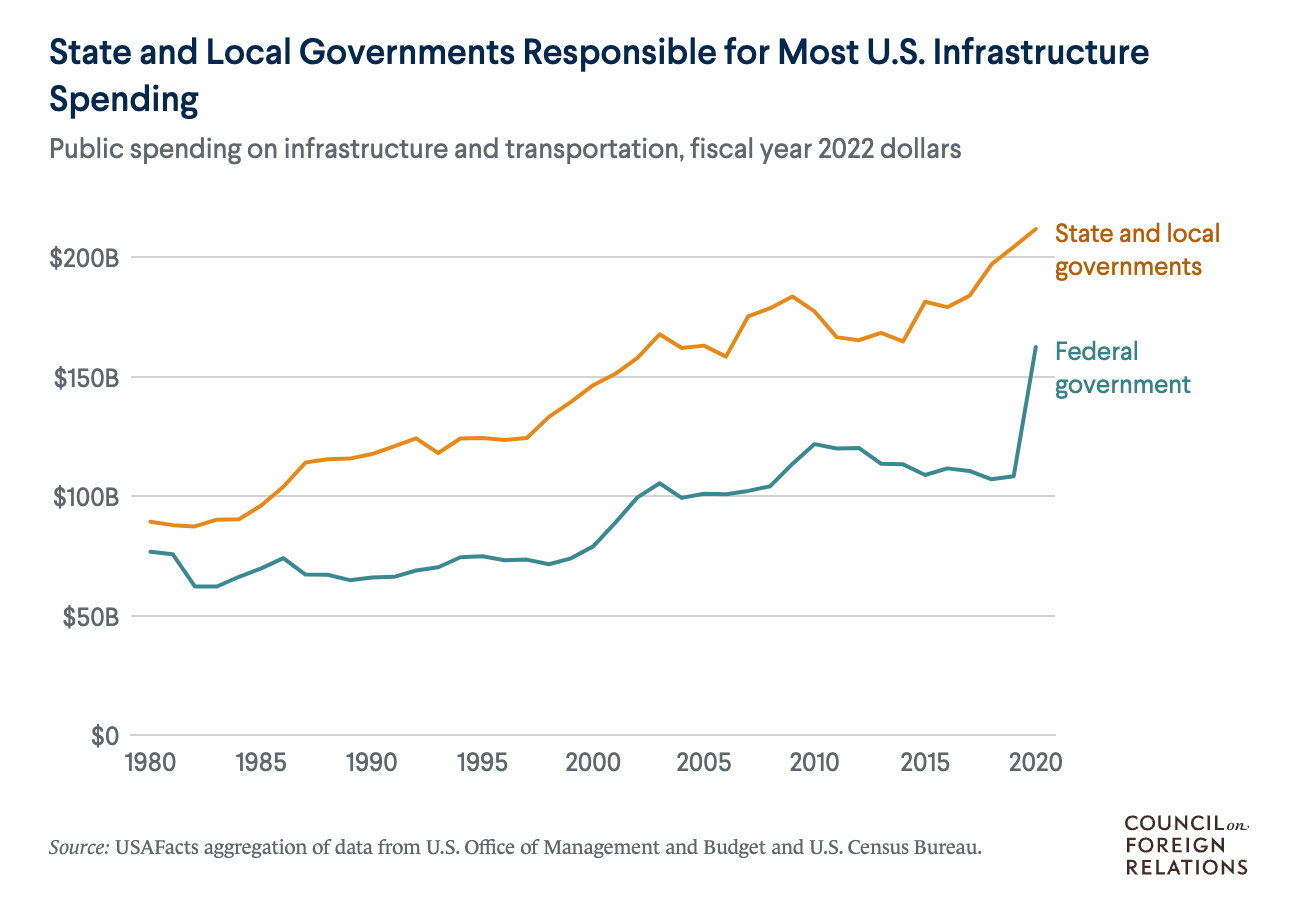Advocacy
Mindset of Change
I'll Make a Man Out of You by Donny Osmond (Mulan, Disney)
Feeling motivated? On we go.
"Defenders of the short-sighted men who in their greed and selfishness will, if permitted, rob our country of half its charm by their reckless extermination of all useful and beautiful wild things sometimes seek to champion them by saying the 'the game belongs to the people.' So it does; and not merely to the people now alive, but to the unborn people.
The 'greatest good for the greatest number' applies to the number within the womb of time, compared to which those now alive form but an insignificant fraction. Our duty to the whole, including the unborn generations, bids us restrain an unprincipled present-day minority from wasting the heritage of these unborn generations. The movement for the conservation of wild life and the larger movement for the conservation of all our natural resources are essentially democratic in spirit, purpose, and method."
Teddy Roosevelt
It is undeniable that addressing Climate Change and fixing many of the modern systems we rely on - energy infrastructure, public transportation, housing development, land restoration - requires corporate and government action. The fact that substantial action has been such a long time coming can be very discouraging.
But there are a host of non profits, research organizations, and advocacy groups that are doing excellent work to push us in the right direction. I generally group them into three buckets:
- Legislation and legal orgs like the National Resource Defense Council (NRDC). These organizations seek to protect the environment through lobbying, political advocacy and lawsuits when necessary.
- Conservation and restoration orgs like The Nature Conservancy. These organizations try to protect, preserve and restore ecosystems, specific species or the biodiversity found in certain countries.
- Environmental justice and corporate advocacy orgs like Rainforest Action Network (RAN). These organizations often also pursue conservation and restoration, but they accomplish it by partnering with indigenous peoples or communities affected by environmental injustice. They challenge corporate powers directly via research and sometimes lawsuits.
This is certainly not a definitive list, and the lines often blur between these groups. But they tend to have different methodologies or focus. It also has to be said that there are a lot of organizations out there, and some are much more reputable than others. Especially with nonprofits starting to advertise more and more on social media, its easy to be misled. Always check a ranking organization like Charity Navigator before donating. See the Nonprofits section for more information on how to choose and vet nonprofits.
The Environment starts with our environment
At the end of the day, despite being a bit crippled, we are still fundamentally a democracy. Our votes, our voices, and our political action matters. Only about 50% of Americans vote in presidential elections (pewresearch.org) and far fewer in local elections (nationalcivicleague.org). This is kind of a tragedy, because local elections are one of our best opportunities for environmental change.
The United States civic infrastructure is due for a major upgrade. Funding has already been approved to make updates to roads, bridges, the electric grid, internet, water sourcing (cfr.org). State and local governments are responsible for making these updates. Want bike lanes on your roads? Want more electricity from renewable sources? How about EV charging stations? Or more train lines?

For more information on how to get involved locally, see the Local section. Heck, maybe consider running for office. 70% of races run uncontested (ballotready.org).
Speak up
Of course, not everyone is cut out for political office. And some of us are pretty burnt out on politics. The level of outrage and lack of nuance modern politics seems to require is pretty unsustainable. If that's you, fear not. There are other options.
Everyone uses their voice a little differently. Some of us like to protest in the streets. Some of us like to send dollars to do our talking. Some of us are masters of the email petition. Figure out what level of advocacy your voice can sustain.
If you're looking for something easy to start:
Need to explore first? Here are some topics to get you started.
Note: I'm working on filling in each one of these. If you want to get the latest content as I write it, please subscribe!
- Climate Justice - let's play the blame game
- Local participation - figuring out how to get started locally
- Federal action - lets look at the complex history of the EPA shall we?
- UN/International - you might've heard of the IPCC - lets learn more
- Nonprofits - lets learn how to vet and get involved
- Community activities - in person more your style?
- Intersectionality - environmental justice found here
- Advocacy at work - making a difference at your job
- Friends and family - sometimes the hardest, but also super valuable
Let's get some inspiration from the queen of climate advocacy shall we? It always amazes me that Greta is diagnosed with Aspergers and has selective mutism (meaning she has a hard time speaking) and yet has become perhaps the loudest climate activist today. If she can find her voice, so can we.
Imagine being invited to speak in front of world leaders at the UN and giving this speech? Ballsy AF.
Go Greta!